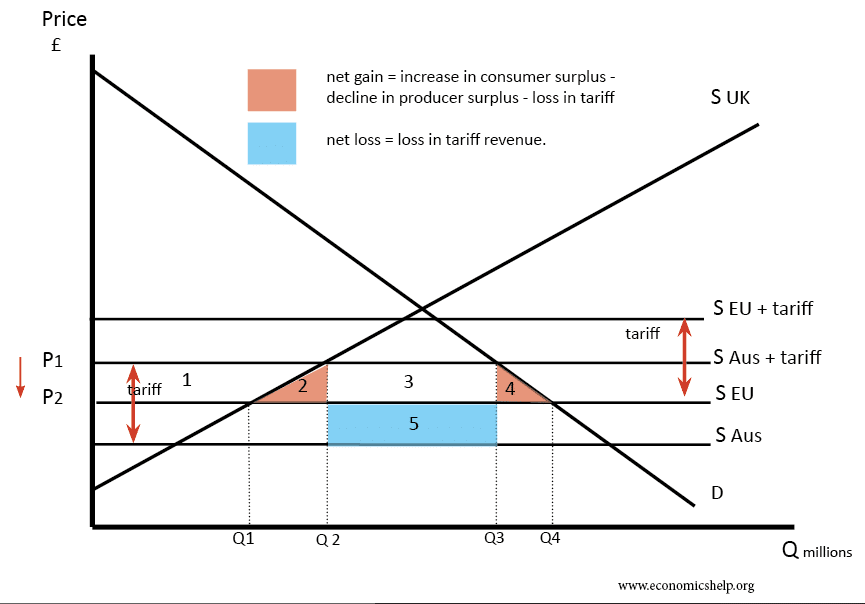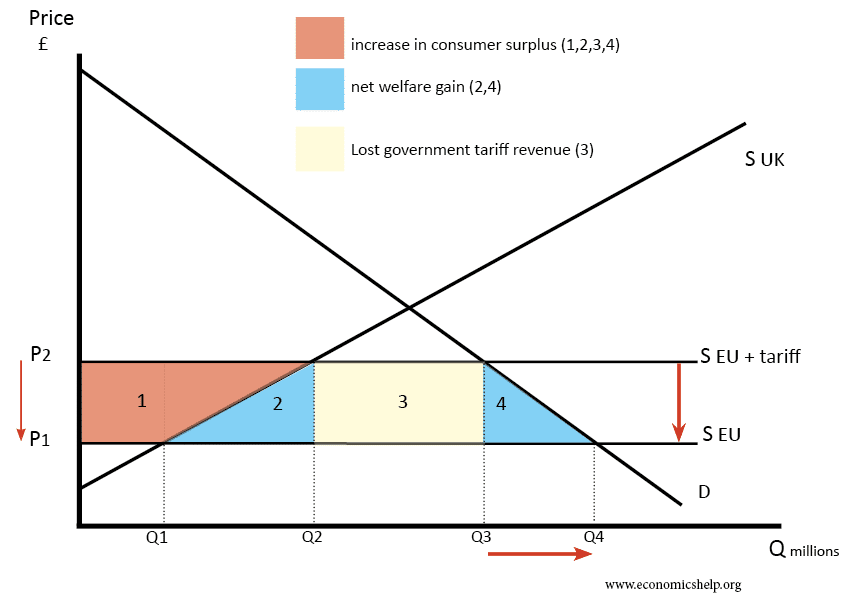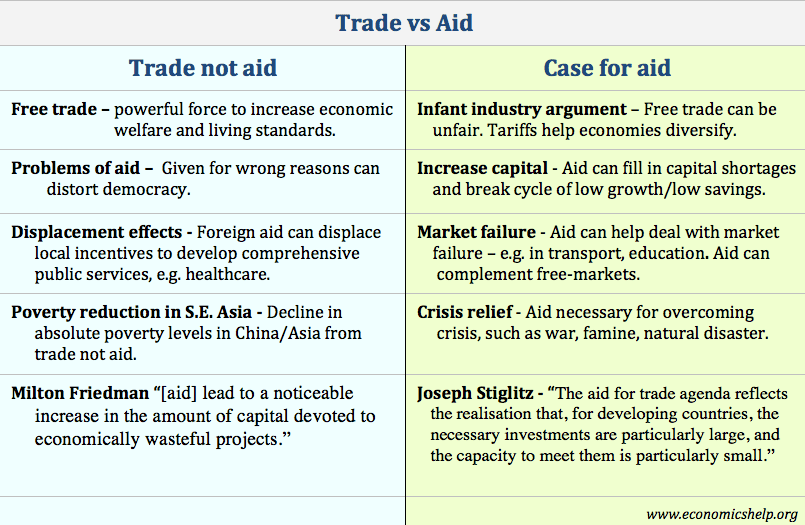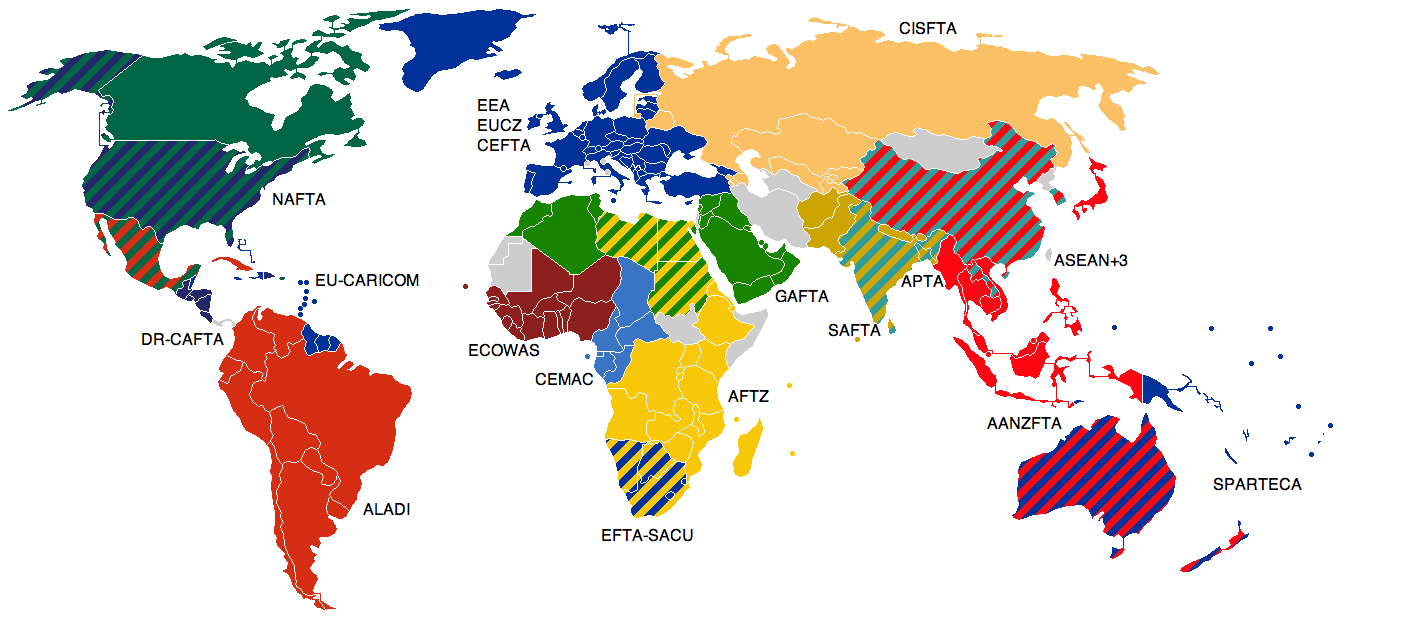Trade Creation
Definition of trade creation Trade creation refers to the increase in economic welfare from joining a free trade area, such as a customs union. Trade creation will occur when there is a reduction in tariff barriers, leading to lower prices. This switch to lower cost producers will lead to an increase in consumer surplus and …




